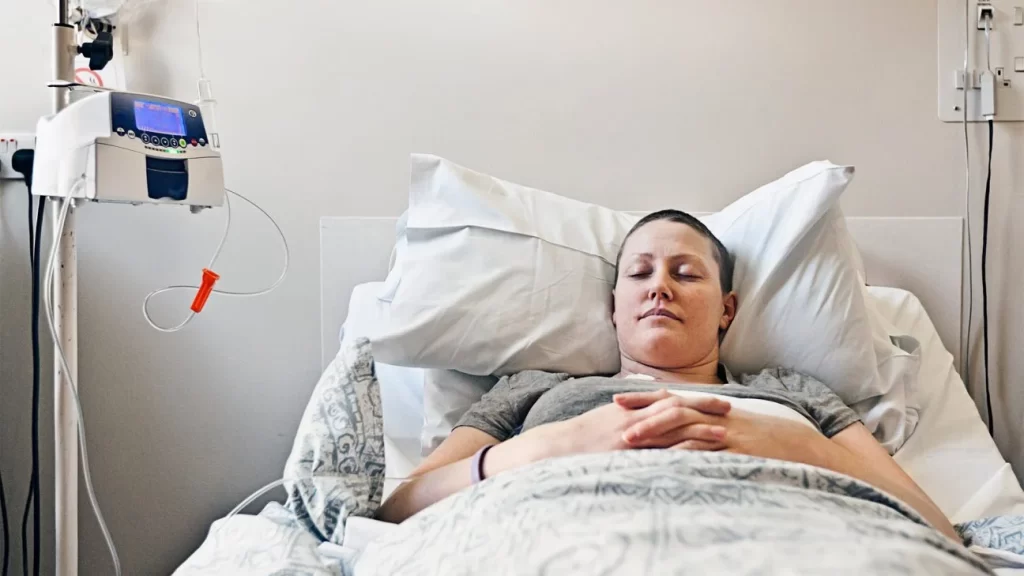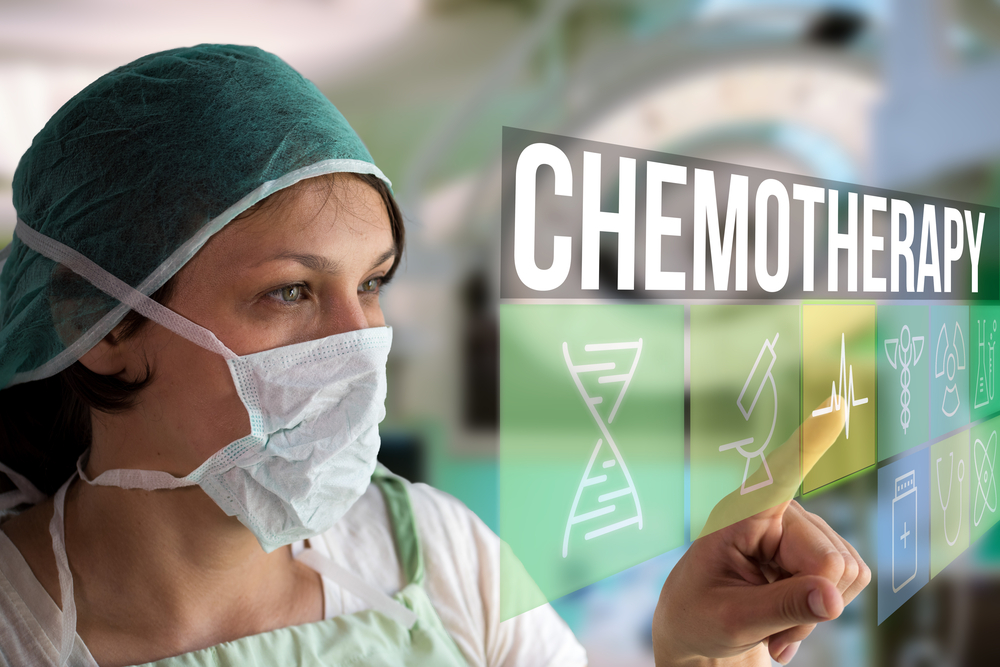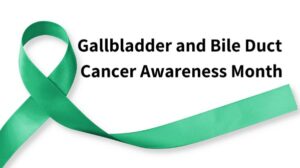Dive into this blog to gain insights into the various side effects of chemotherapy and better understand its impact on health.
Chemotherapy, often simply termed “chemo”, has emerged as a cornerstone in the fight against various forms of cancer. Designed to target and obliterate rapidly dividing cancer cells, it’s a double-edged sword. While its primary goal is to eliminate rogue cancer cells, the very nature of chemotherapy means it can also harm some of our body’s healthy cells, leading to a myriad of side effects. Recognizing and comprehending the side effects of chemotherapy is crucial for patient well-being and comfort during their treatment phase.
What is Chemotherapy?
Chemotherapy is a type of cancer treatment that uses drugs to destroy or inhibit the growth of cancer cells. Depending on the type of cancer and its stage, chemotherapy can be used to cure cancer, prevent it from spreading, slow its growth, relieve symptoms, or be used in combination with other treatments. It can be administered orally, topically, intravenously, or via other methods depending on the specific case.

Potential Side Effects of Chemotherapy
The body is home to many rapidly dividing cells, not just cancerous ones. Cells in our hair, nails, mouth, and digestive tract, for example, can be unintentionally affected by chemotherapy drugs. The side effects include:
- Hair Loss: One of the most commonly recognized side effects is hair loss, medically known as alopecia. Chemotherapy can affect the hair follicles, leading to hair thinning or complete hair loss.
- Digestive Issues: Nausea, vomiting, appetite changes, and diarrhoea are common digestive side effects. Some patients might also experience constipation.
- Mouth and Throat Problems: Sores, dry mouth, or a metallic taste can emerge during chemotherapy. Regular mouth care can help alleviate these symptoms.
- Blood Disorders: Chemotherapy can lead to a decrease in blood cell counts, causing anaemia (low red blood cells), thrombocytopenia (low platelets), and neutropenia (low white blood cells).
- Fatigue: A general sense of tiredness, even without physical activity, can persist. Adequate rest and a balanced diet can help in managing this symptom.
- Skin and Nail Changes: Patients might notice their skin becoming dry, itchy, or discoloured. Similarly, nails might become darkened, yellow, brittle, or develop vertical lines.
- Cognitive Changes: Sometimes referred to as “chemo fog”, patients might experience memory problems, difficulty concentrating, or other cognitive changes.
- Mood Fluctuations: The physical toll of chemotherapy, coupled with the emotional impact of a cancer diagnosis, can lead to mood swings, depression, or anxiety.
The intensity and variety of these side effects are highly individual. Factors like the specific chemo drugs, their dosages, the patient’s overall health, and more play a decisive role. While some might face minimal discomfort, others could experience a more challenging ordeal.
Managing Side Effects
Timely communication of any discomfort is essential. Many side effects have potential interventions that can reduce or manage them. Medications, lifestyle changes, dietary modifications, and supportive therapies can be employed to mitigate these side effects.
Conclusion
The journey through chemotherapy can undoubtedly be challenging. However, with the right information and support, many of the challenges can be managed and overcome. And remember, while the road might be tough, it leads towards health and recovery.





